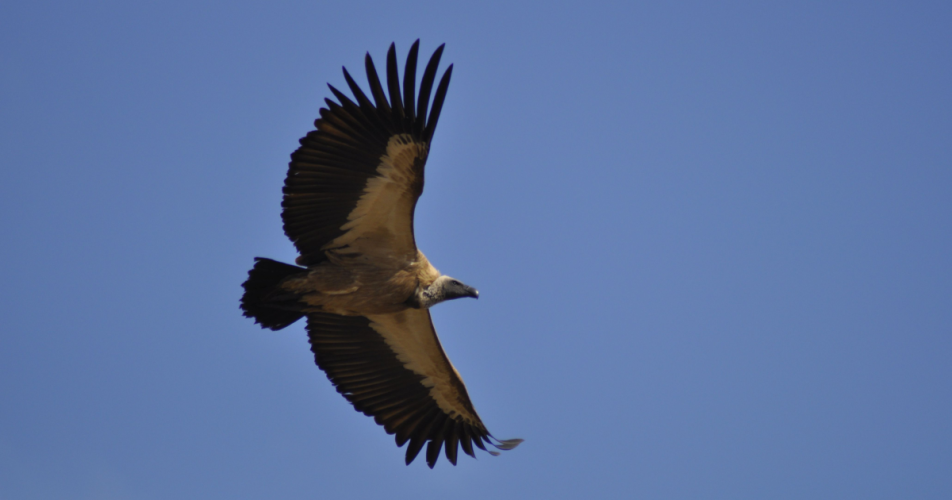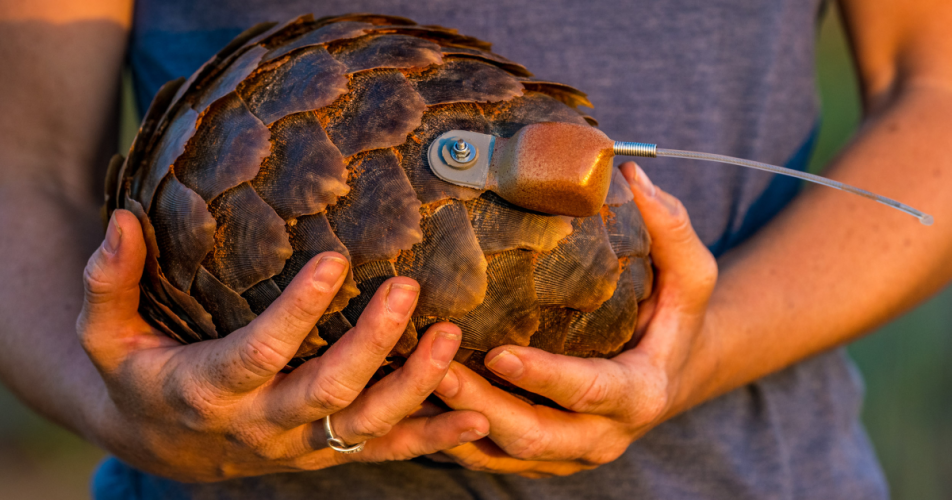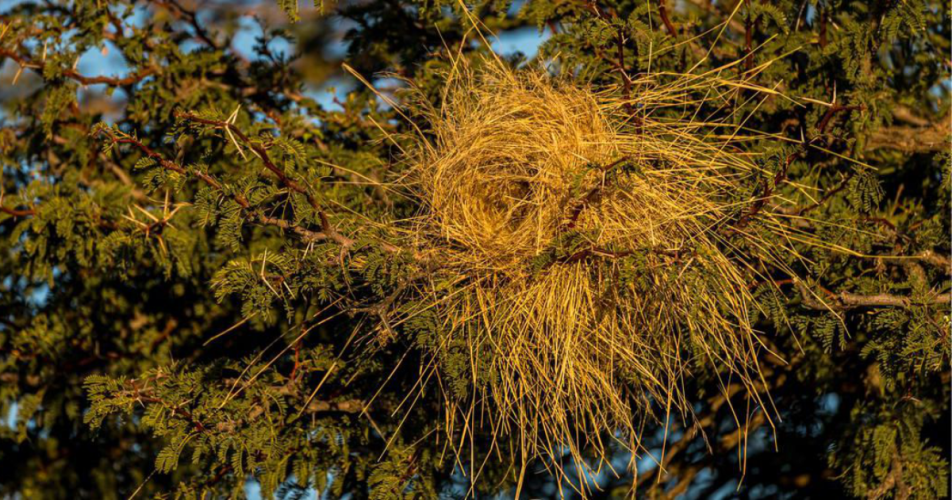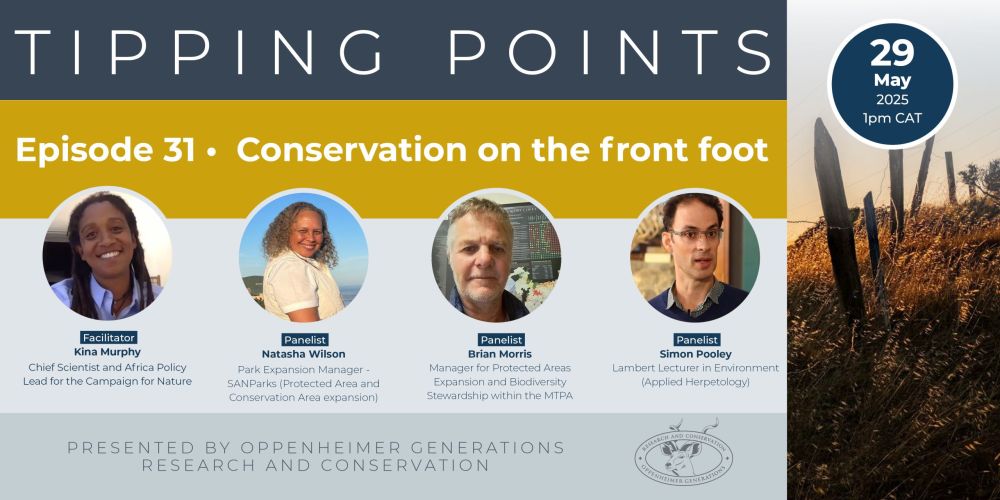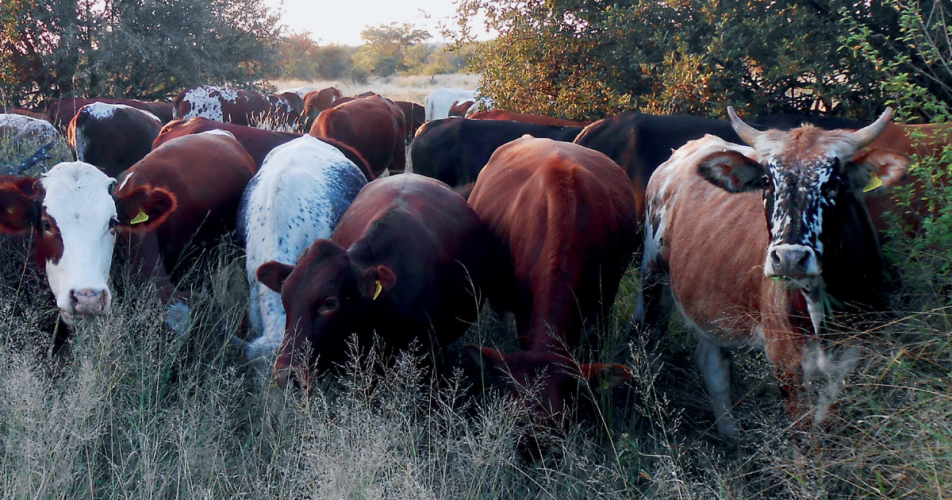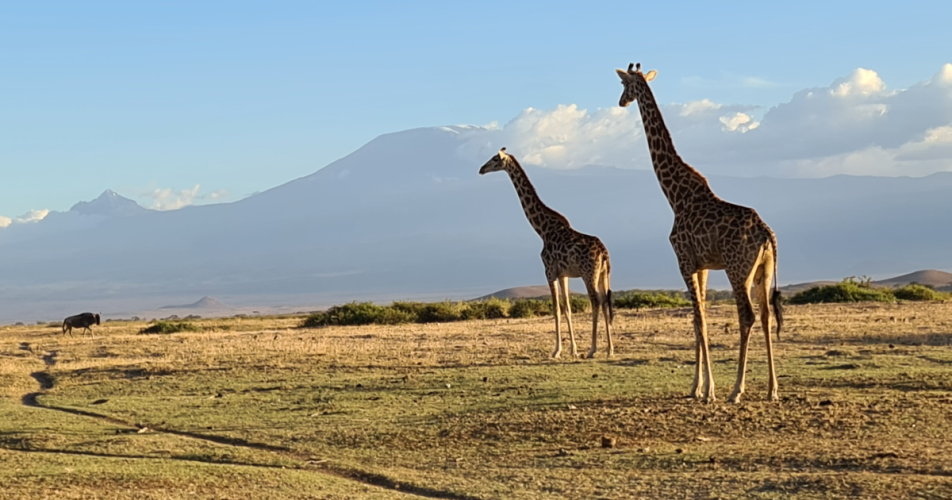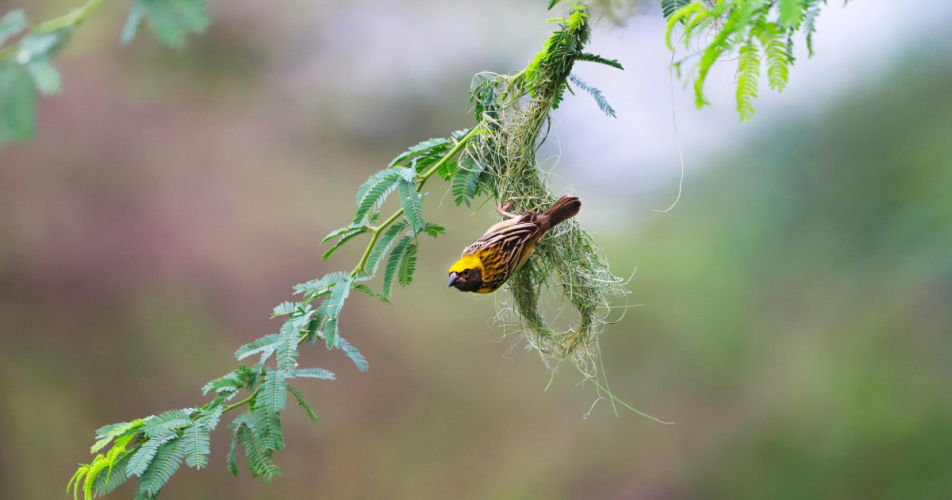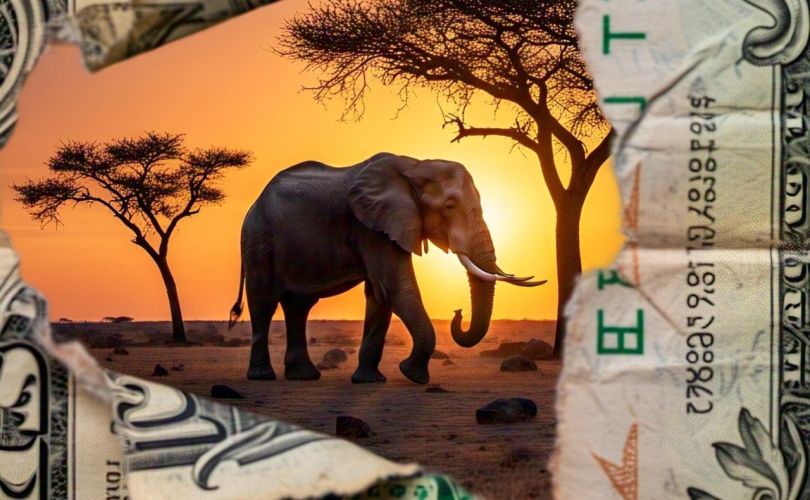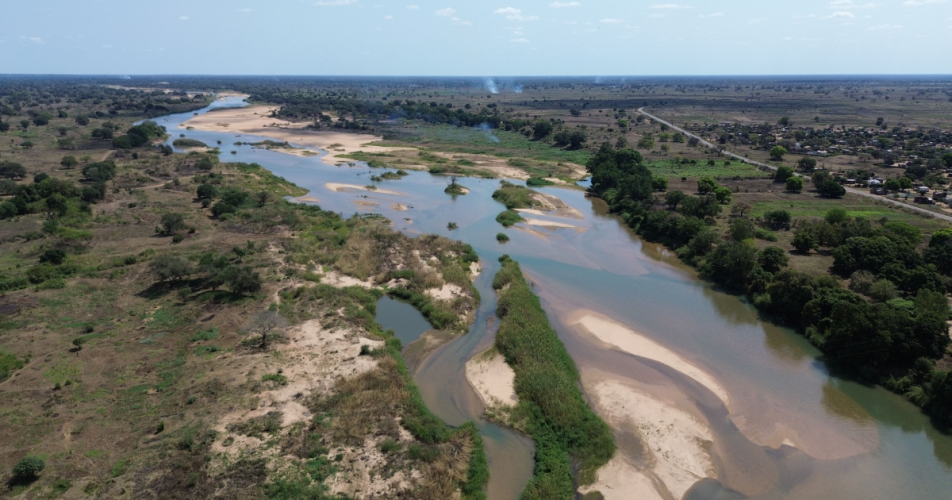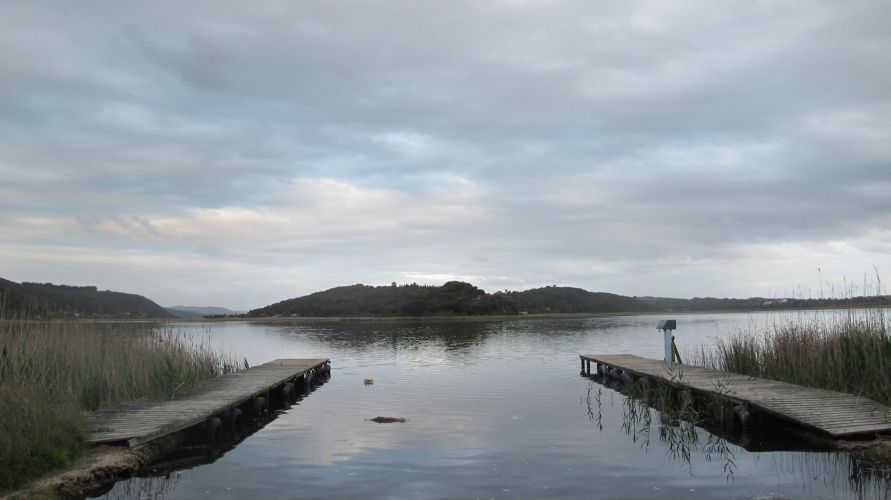PEOPLE • PLACES • PLANET
Vulture survival, poaching threats, and hope from the skies
Pangolins are elusive and heavily trafficked. At Tswalu, researchers are working to uncover their secrets and aid conservation.
Declining Sparrow-Weavers may threaten other birds that rely on their old nests for shelter.
The ecologically rich grasslands in Mpumalanga’s highveld have become a front line in the struggle between biodiversity and coal mining.
“Cattle corridors might just hold the key to African ecological resilience.” Ecologist Elizabeth le Roux is rethinking what nature means: where rangelands, people, and wildlife intersect in surprising ways.
Reweaving Kenya’s rangelands. From milk gourds to satellite data, Jonah Western’s community-first conservation strategy is turning Kenya’s Amboseli region into a tapestry of coexisting people, wildlife & land.
Each year, International Day for Biological Diversity invites us to pause and reflect on the intricate web of life that sustains our planet. The 2025 theme, “Harmony with Nature and Sustainable Development”, could not be more timely or urgent for Africa.
What happens to conservation when the world stops paying for it? That was the key question at last week’s Tipping Points webinar titled “Beyond Aid: Rethinking Conservation Funding in a Changing World.”
Secrets below the soil: Earth detectives search deep for clues to the future. How can we use the past to better navigate our…
How healthy is the Limpopo River?
R4,5million Oppenheimer grant aims to find out.
Scientists are zeroing in on two little lakes in the Cape to figure out how to save them from climate change, or if they can’t, then if they could recover. Yves Vanderhaeghen reports
If anyone should be complaining about the Expropriation Act, it’s government, argues Bulelwa Mabasa, Director and Head of the Land Reform practice at Werksmans Attorneys



